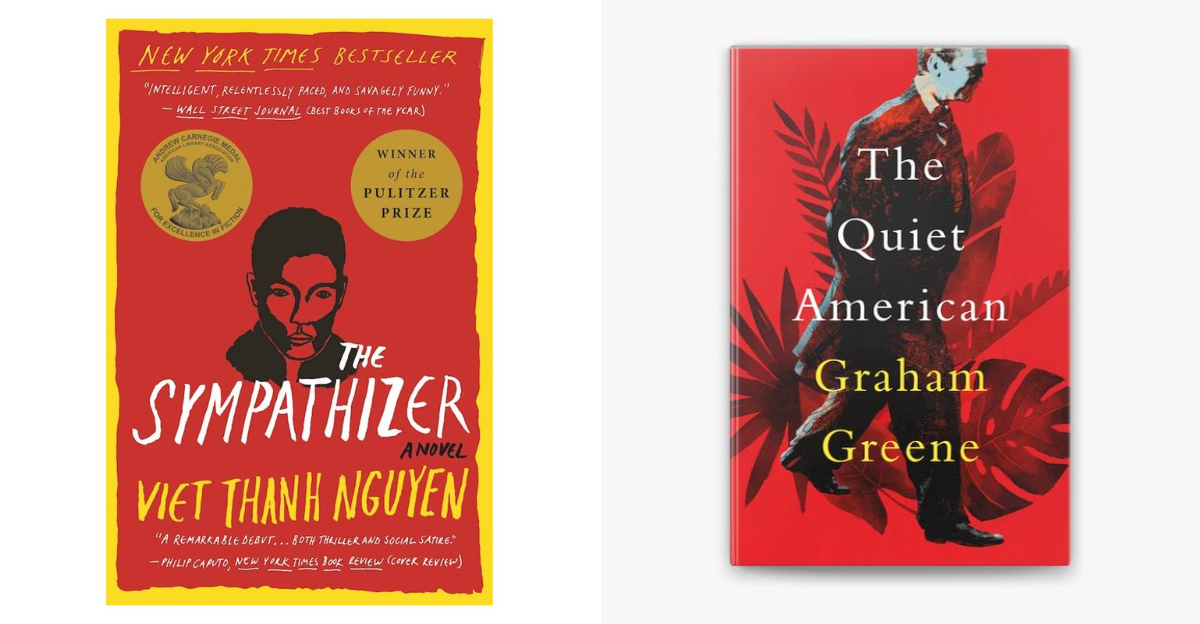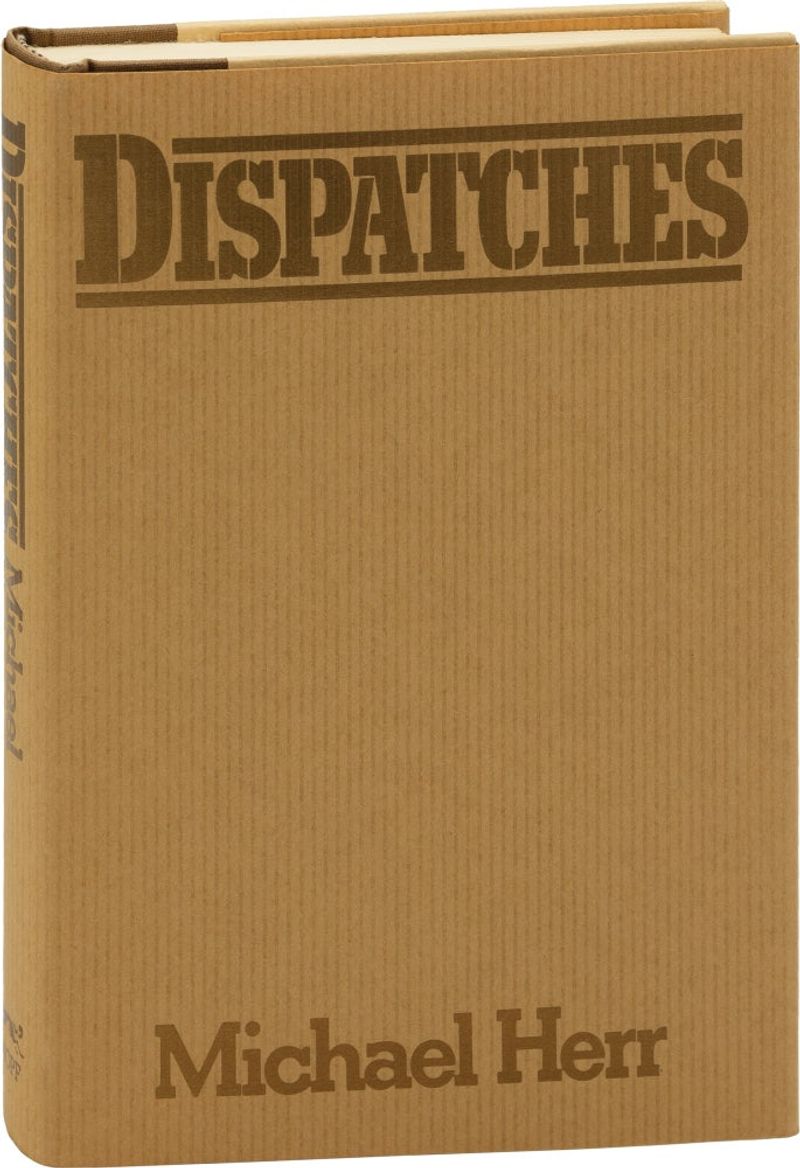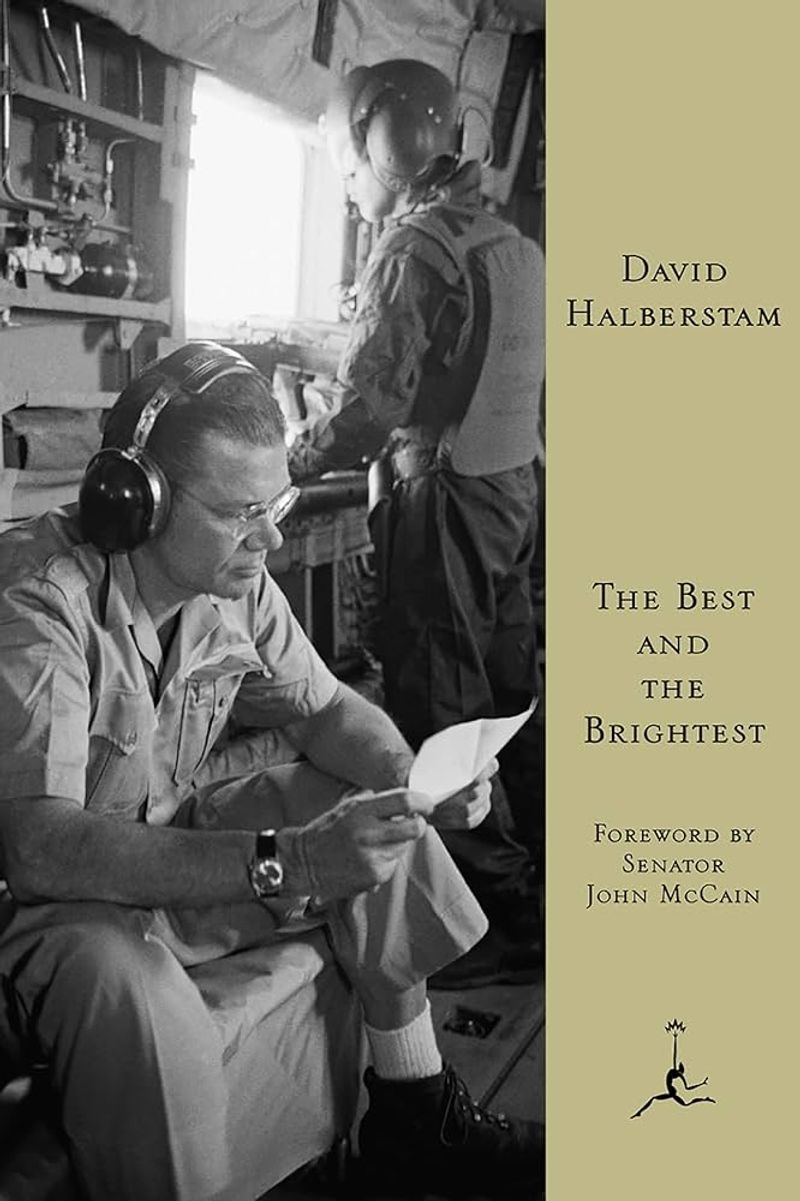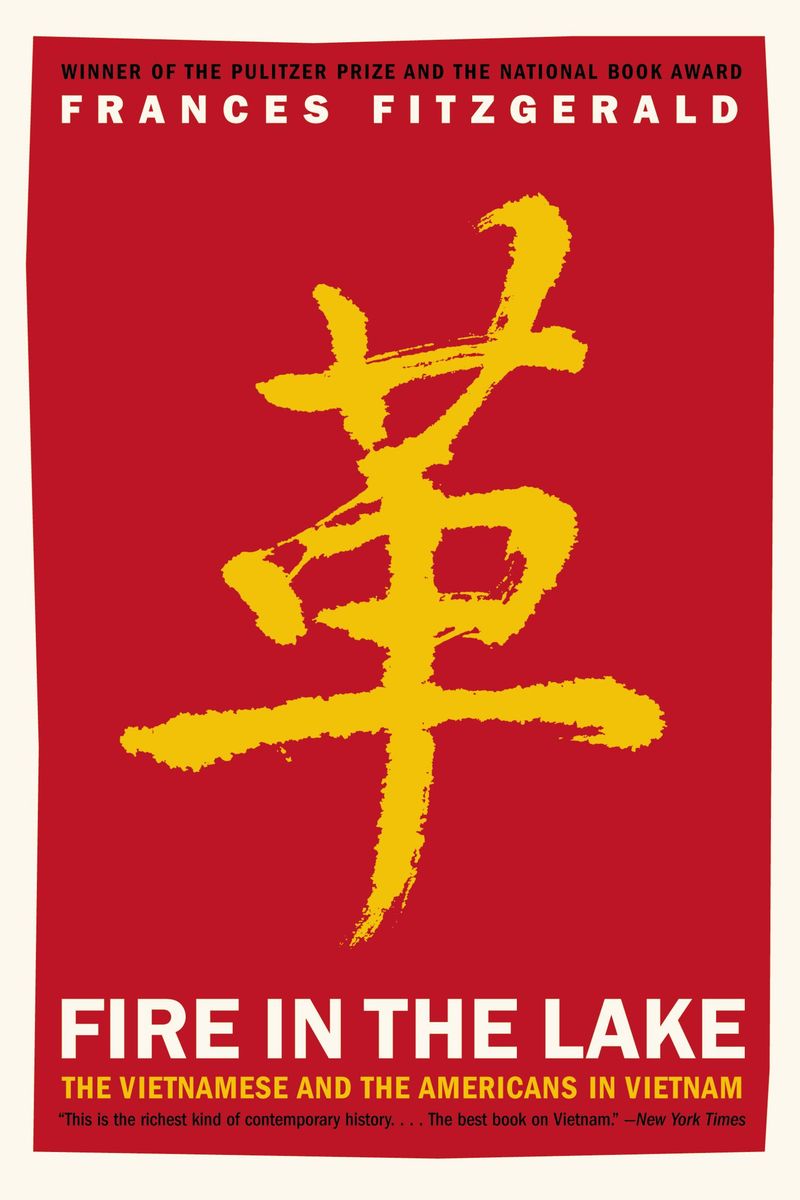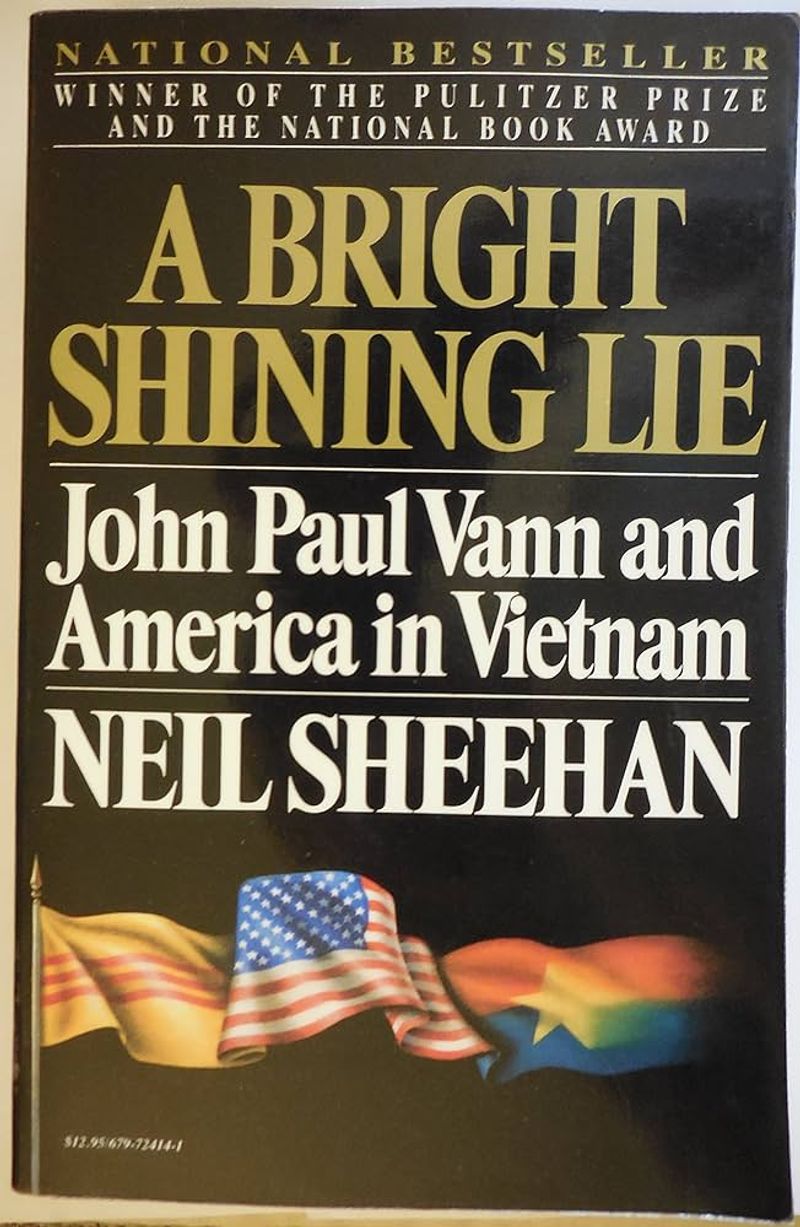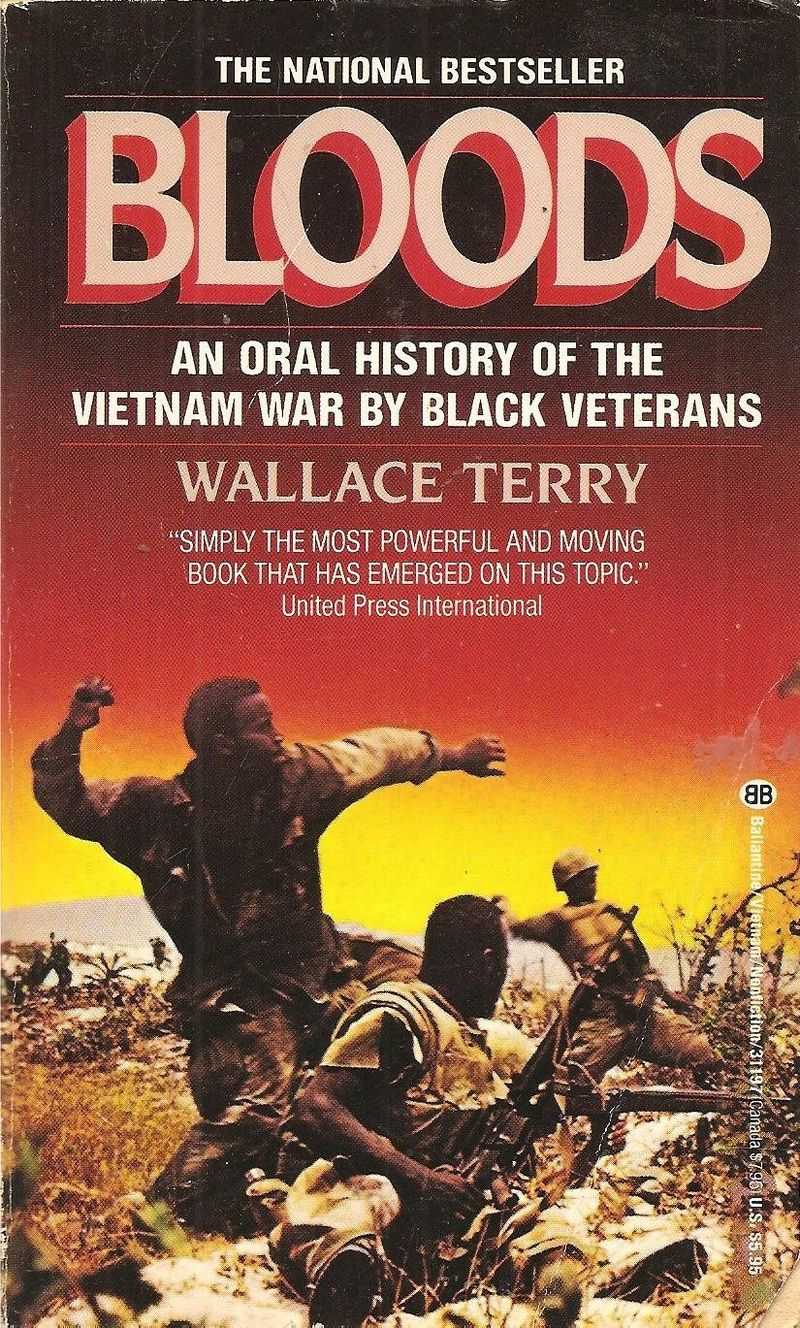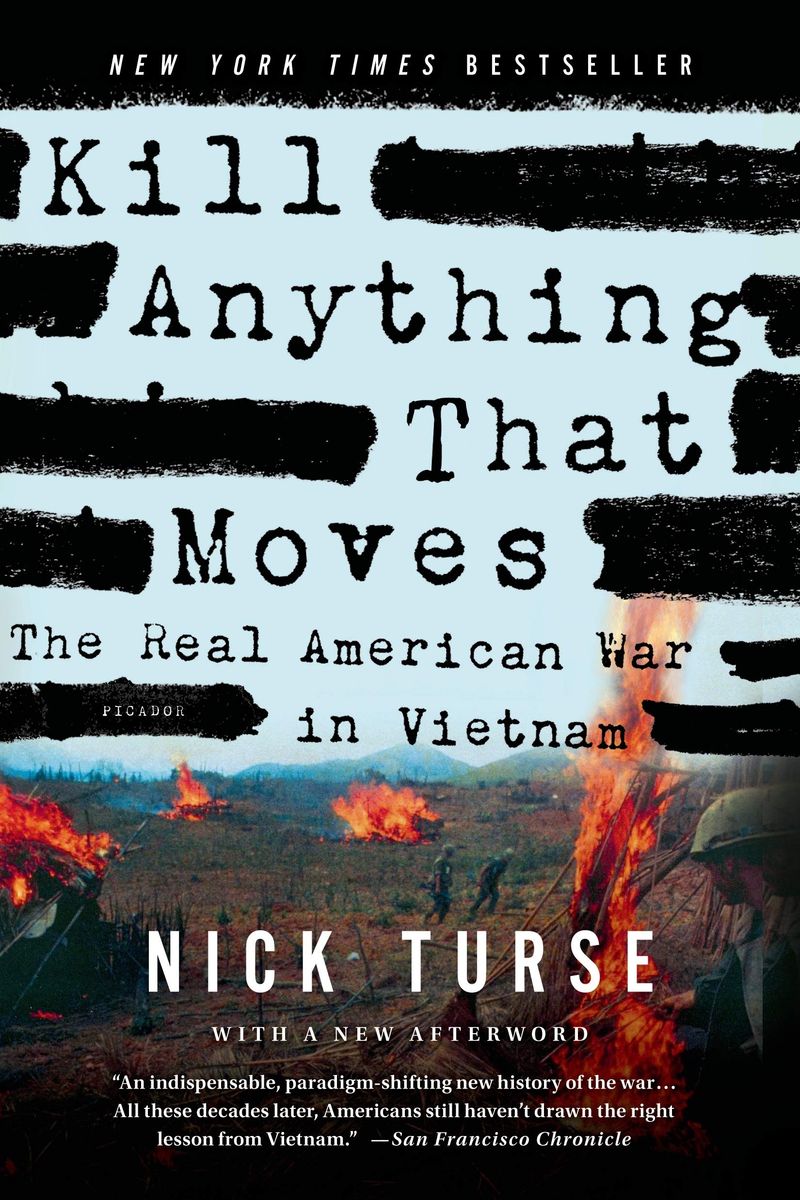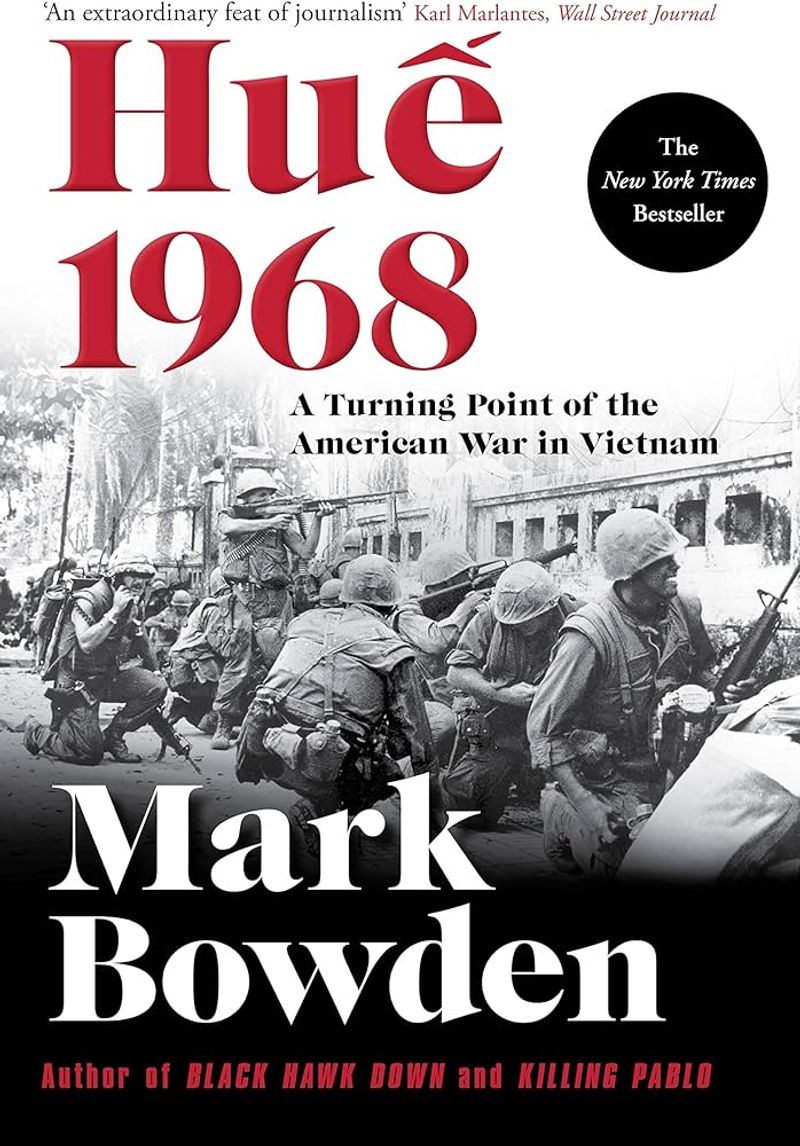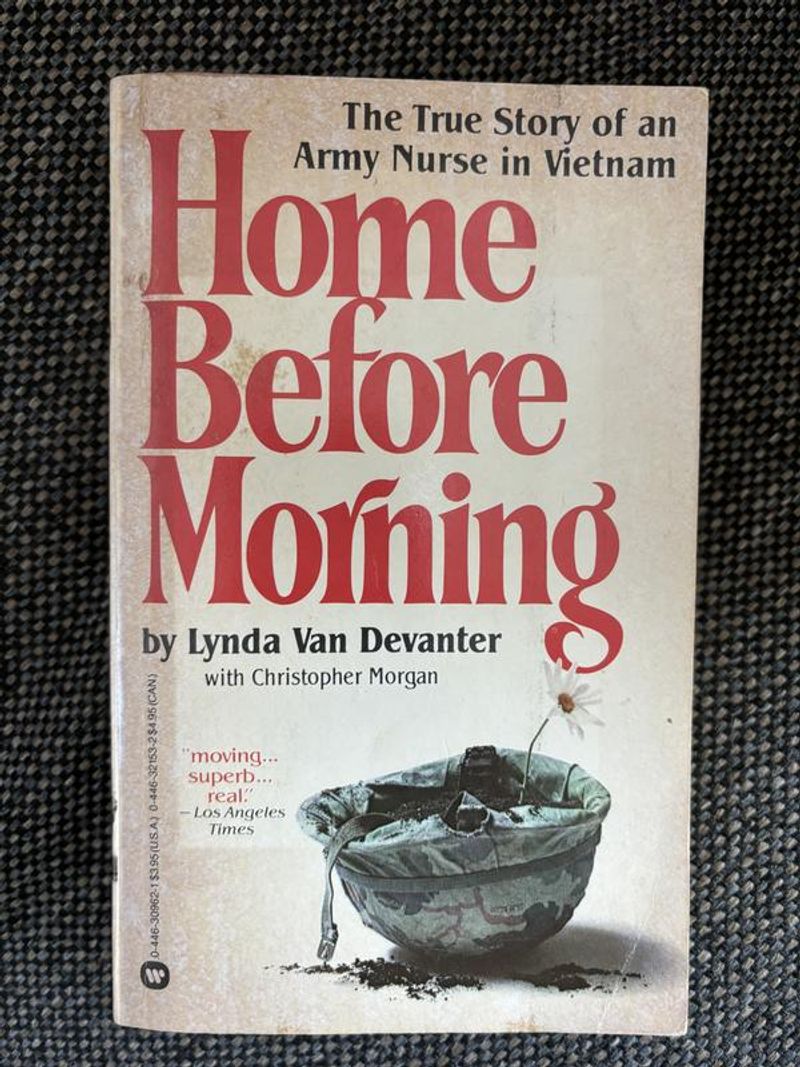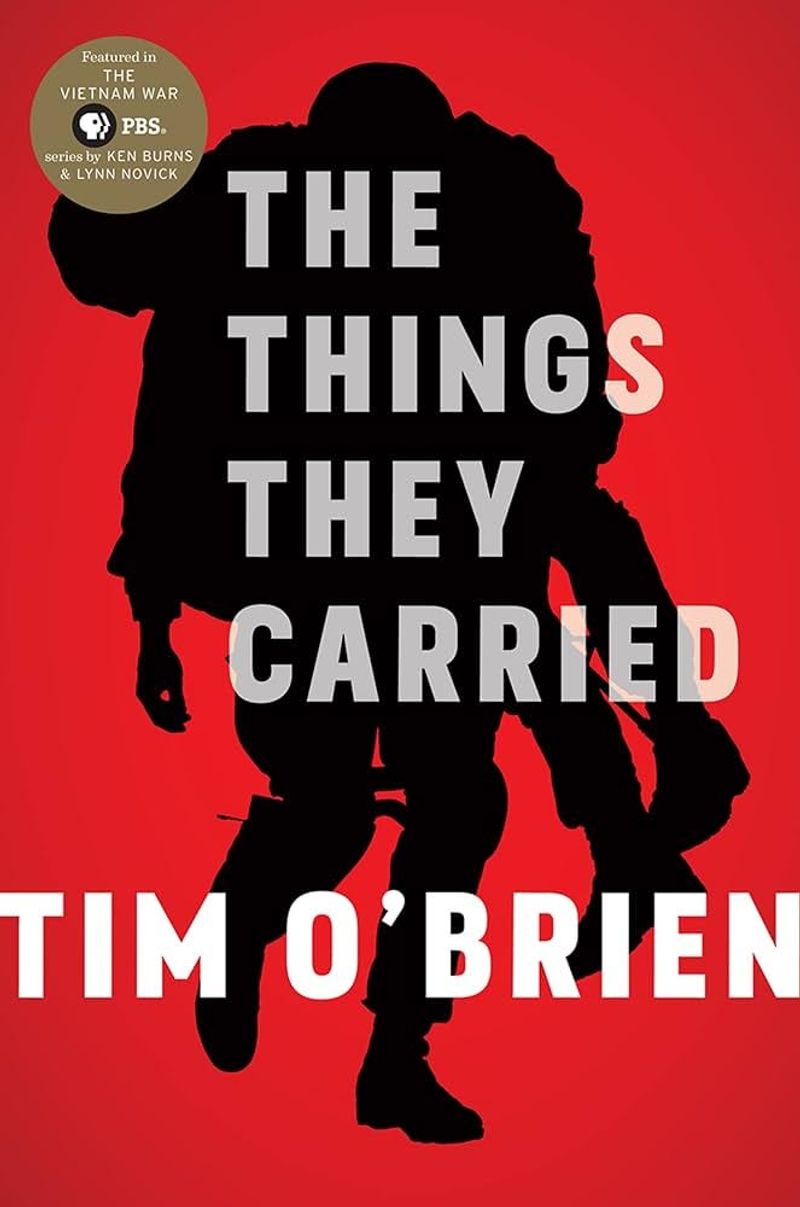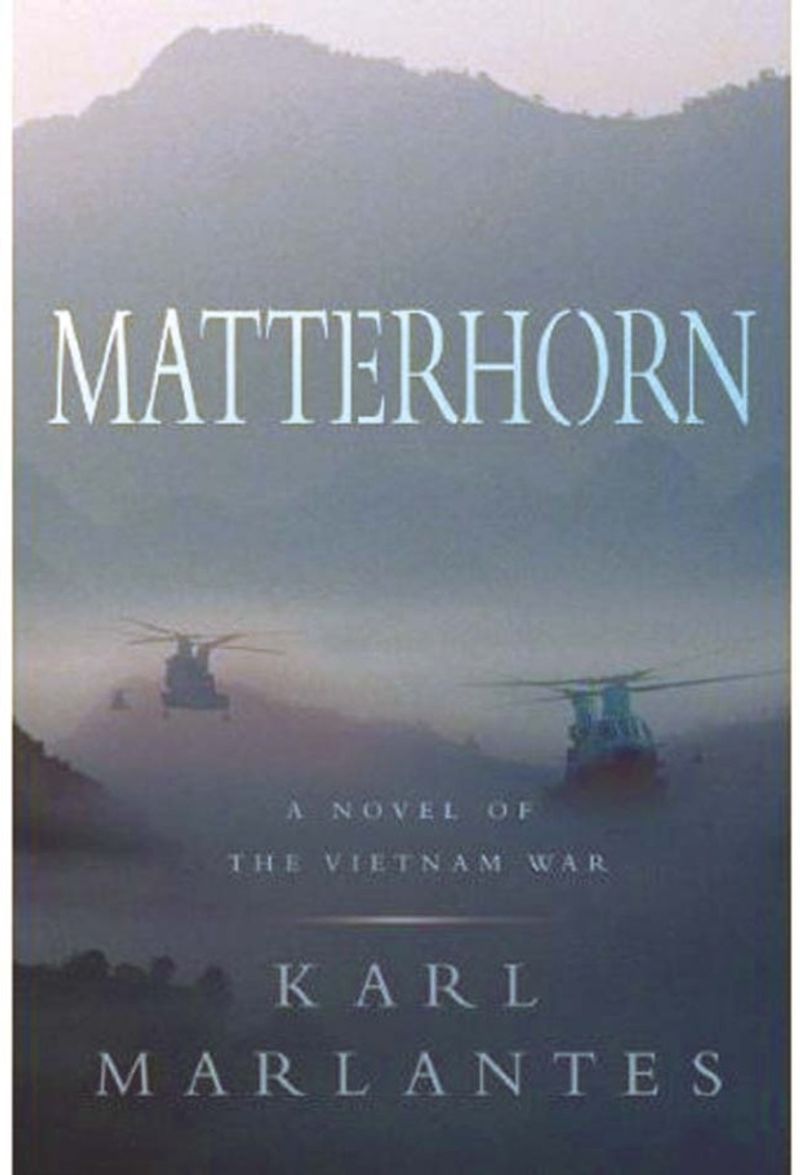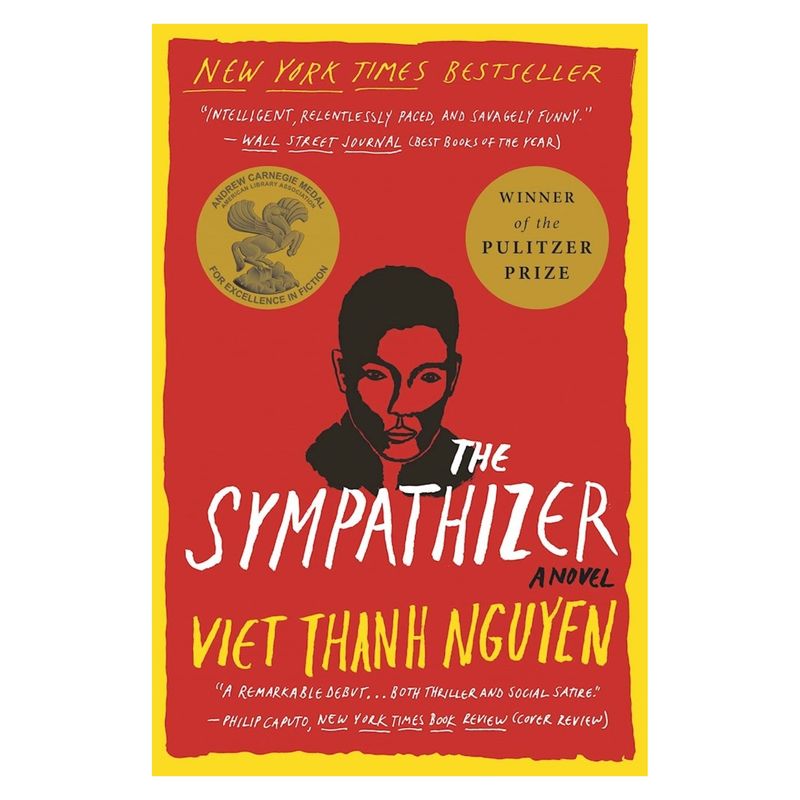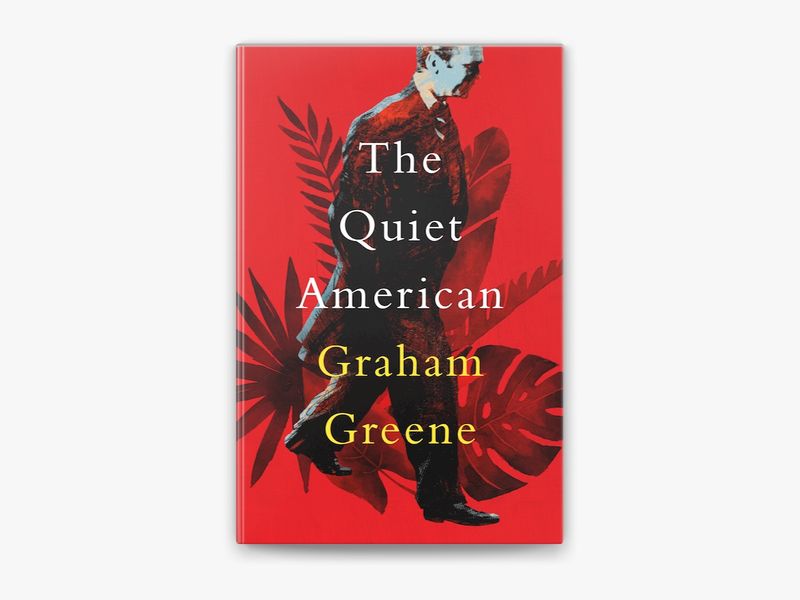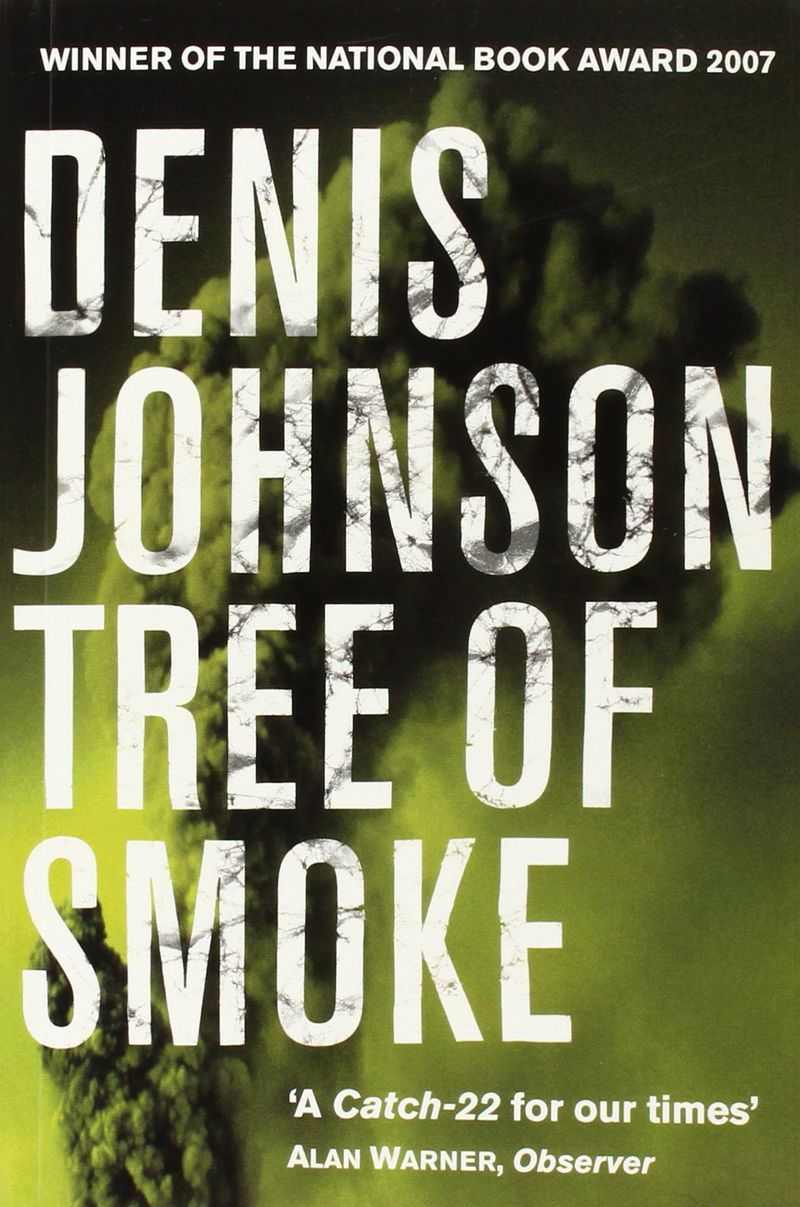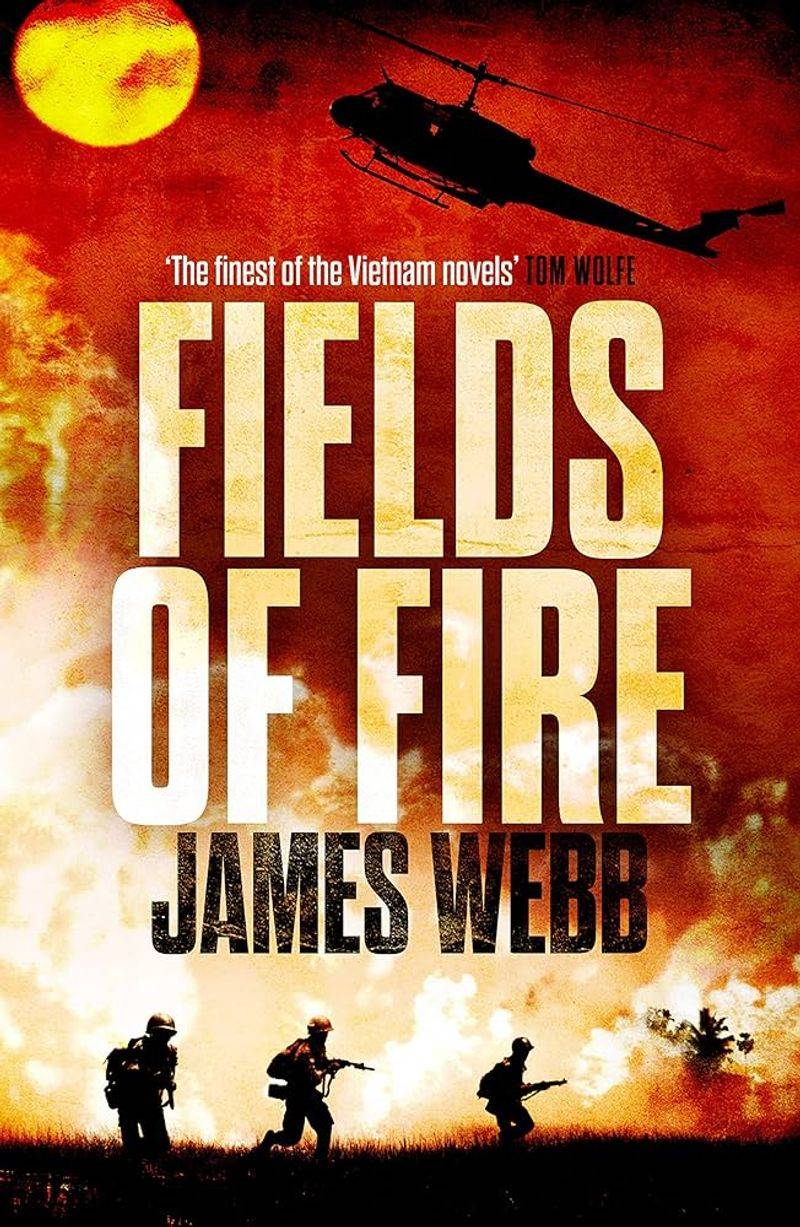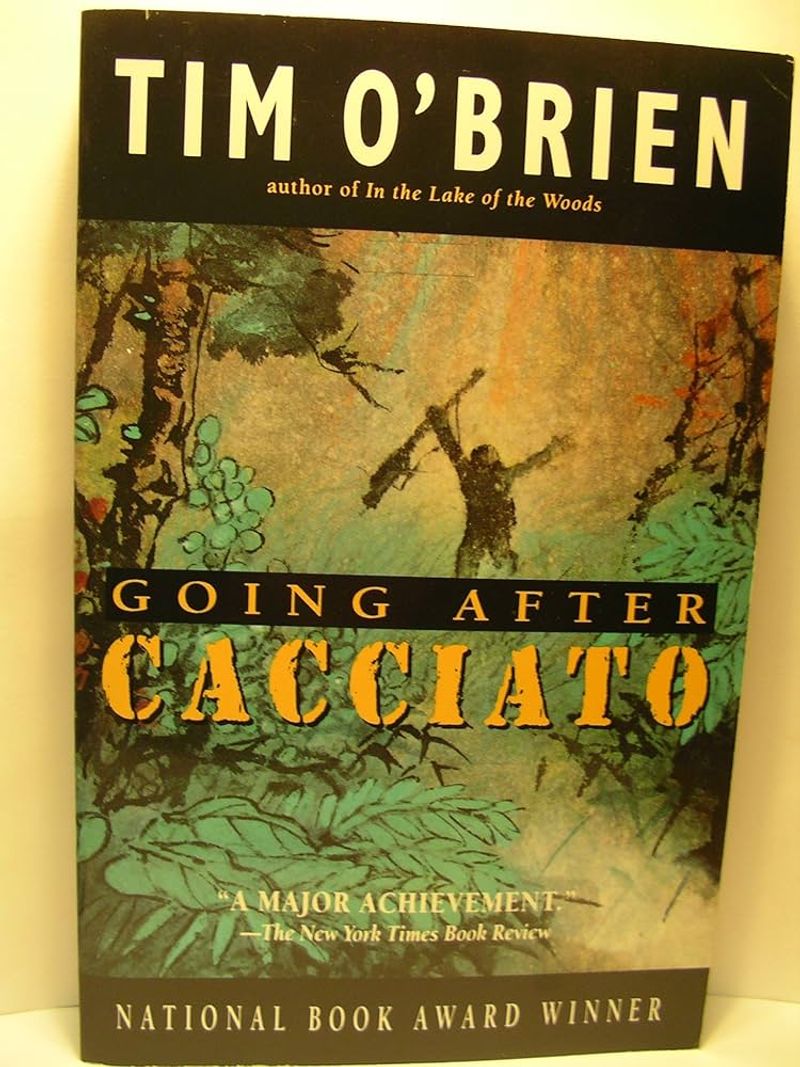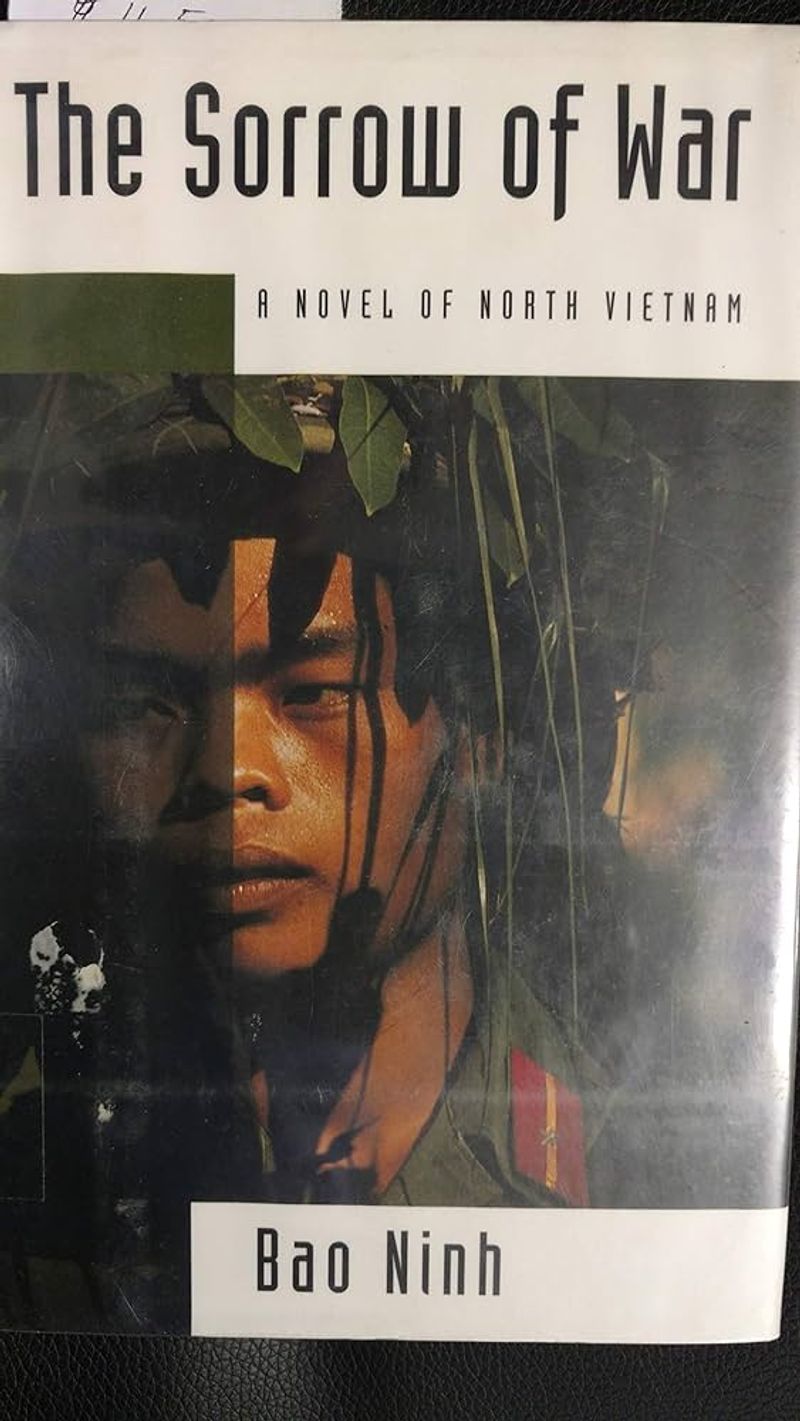The Vietnam War remains one of history’s most controversial conflicts, leaving deep scars on both nations involved. Books about this war offer unique perspectives from soldiers, journalists, and civilians who experienced its horrors firsthand. These sixteen powerful books will challenge your understanding of the conflict and reveal truths that official histories often overlook.
1. Dispatches by Michael Herr
Michael Herr’s raw account of his time as a war correspondent yanks readers into the chaos of Vietnam with prose that feels like fever dreams mixed with brutal reality. Unlike traditional war reporting, Herr captures the psychedelic insanity that defined the conflict. The language crackles with slang and dark humor that soldiers actually used, making you feel the mud, blood, and confusion of combat zones. Soldiers called it “the rock and roll war,” and Herr’s writing maintains that same frantic energy. Many veterans claim this is the only book that truly portrays what Vietnam felt like—a surreal nightmare where death could arrive without warning and sanity became optional.
2. The Best and the Brightest by David Halberstam
Halberstam’s masterpiece reveals how America’s “best minds” led the country into disaster. Following the brilliant academics and politicians of the Kennedy-Johnson administrations, this book shows how intelligence without wisdom created a quagmire that claimed millions of lives. The author interviews key decision-makers who believed their Ivy League credentials and theoretical knowledge would easily overcome a determined Vietnamese resistance. Their arrogance prevented them from understanding the cultural and historical forces they faced. Reading this book feels like watching a slow-motion car crash—you see the disaster coming but can’t look away as smart people make catastrophic choices based on flawed assumptions.
3. Fire in the Lake by Frances FitzGerald
FitzGerald takes readers deep into Vietnamese culture, revealing why American strategies were doomed from the start. She explains concepts like “saving face” and Confucian family structures that U.S. officials completely misunderstood while planning military operations. The book details how Vietnamese people viewed the conflict through entirely different cultural lenses than Americans did. FitzGerald shows how the U.S. military’s emphasis on body counts and territory gained missed the point entirely. Her compassionate portrayal of ordinary Vietnamese citizens makes this book particularly heartbreaking. You’ll understand why high-tech weapons and massive bombing campaigns couldn’t defeat a society with completely different values and priorities.
4. A Bright Shining Lie by Neil Sheehan
Through the extraordinary life of Lieutenant Colonel John Paul Vann, Sheehan tells the entire tragic story of American involvement in Vietnam. Vann initially believed in the mission but grew increasingly frustrated with military leadership’s self-deception about progress. The book exposes how officials routinely lied about battlefield successes while soldiers faced a reality of ambushes and booby traps. Vann’s personal life—filled with contradictions and moral failings—mirrors America’s own conflicted relationship with the war. What makes this account so powerful is how it connects high-level policy decisions to their bloody consequences on the ground. Sheehan spent fifteen years researching this epic, and his thoroughness shines through on every page.
5. Bloods: An Oral History of the Vietnam War by Black Veterans by Wallace Terry
Black soldiers faced a cruel irony in Vietnam—fighting for a country that denied them basic rights back home. Terry’s collection of firsthand accounts reveals how racism followed them overseas, where they made up a disproportionate percentage of combat troops and casualties. These veterans describe being called heroes in Vietnamese villages but facing discrimination on American bases. Many returned home to find protest movements that often ignored their sacrifices and unique perspectives. The raw emotional power of these testimonies hits hard. One veteran explains: “The real battle was in America, not Vietnam,” highlighting how many Black soldiers fought two wars simultaneously—one against Vietnamese fighters and another against racism within military ranks.
6. Kill Anything That Moves: The Real American War in Vietnam by Nick Turse
Based on classified military investigations, Turse exposes the systematic nature of civilian casualties that were often dismissed as “isolated incidents.” His research proves that violence against Vietnamese villagers wasn’t just committed by a few bad apples—it was frequently encouraged by command structures. The title comes from actual orders given to soldiers entering certain areas. Turse documents how body count became the primary measure of success, creating incentives for troops to inflate numbers by including civilian deaths. Reading this book forces confrontation with uncomfortable truths about American conduct during the war. Turse connects the psychological trauma experienced by veterans to the moral compromises they were asked to make in a conflict where distinguishing friend from foe proved nearly impossible.
7. Hue 1968: A Turning Point of the American War in Vietnam by Mark Bowden
The Battle of Hue during the Tet Offensive changed everything about the Vietnam War. Bowden reconstructs this pivotal urban battle through accounts from American Marines, Army soldiers, and Vietnamese fighters on both sides. Before Hue, American officials insisted victory was near. After communist forces seized this ancient city, even staunch war supporters began questioning whether the conflict could be won. Bowden’s minute-by-minute account of house-to-house fighting reveals the courage and terror experienced by young men on all sides. Television footage of this battle shocked American viewers, turning public opinion against the war. The book shows how military censorship broke down as journalists witnessed the gap between official optimism and the brutal reality of a determined enemy.
8. Home Before Morning: The Story of an Army Nurse in Vietnam by Lynda Van Devanter
Van Devanter arrived in Vietnam an idealistic 22-year-old Army nurse. She left emotionally shattered after treating countless mangled bodies in a surgical hospital near the Cambodian border. Her memoir breaks the silence about women’s experiences in Vietnam, where nurses routinely worked 12-hour shifts in blood-soaked operating rooms as mortar rounds exploded nearby. The author doesn’t flinch from describing horrific injuries or her struggles with PTSD after returning home to a country that largely ignored women veterans. Most powerful are her descriptions of trying to comfort dying teenagers who called out for their mothers. Her account challenges the notion that women weren’t really part of the war, revealing their invisible psychological wounds.
9. The Things They Carried by Tim O’Brien
O’Brien blurs the line between fiction and memoir in this haunting collection that explores what soldiers carried both physically and emotionally. Each story focuses on different items—letters from home, lucky charms, standard-issue weapons—that reveal deeper truths about fear, courage, and memory. The author, himself a Vietnam veteran, challenges readers to question whether literal truth matters when conveying the emotional reality of war. His characters struggle with impossible moral choices while facing death in an unfamiliar landscape. The book’s fragmented structure mirrors how veterans remember war—not as a coherent narrative but as intense moments that refuse to fade with time. O’Brien’s prose achieves a rare beauty while describing terrible things, making this work uniquely powerful.
10. Matterhorn by Karl Marlantes
Marlantes spent thirty years writing this novel based on his experiences as a Marine lieutenant in Vietnam. The story follows a company of Marines who must capture, abandon, then recapture a meaningless hilltop, perfectly illustrating the war’s futility. The author doesn’t spare readers from brutal realities—leeches in private areas, rotting feet, racial tensions, and the constant fear of death. Unlike many war novels, Matterhorn gives equal attention to the tedium between firefights and the chaos of combat itself. What makes this book exceptional is its honesty about leadership during wartime. Young officers make fatal mistakes while trying to advance their careers, and enlisted men pay the price in blood. The jungle itself becomes a character—an indifferent killer claiming lives through infection and exposure.
11. The Sympathizer by Viet Thanh Nguyen
This Pulitzer Prize-winner follows a communist spy embedded among South Vietnamese refugees fleeing to America after Saigon’s fall. The nameless narrator—half-French, half-Vietnamese—embodies the war’s divided loyalties and cultural confusions. While reporting back to his handlers in Vietnam, he builds a new life in California among the very people he betrayed. Nguyen brilliantly depicts the refugee experience while satirizing American perceptions of the war, including a hilarious section about a Hollywood film resembling “Apocalypse Now.” Unlike most Vietnam narratives centered on American experiences, this novel presents Vietnamese perspectives with dark humor and moral complexity. The protagonist’s conflicted identity mirrors Vietnam itself—torn between East and West, communism and capitalism, tradition and modernity.
12. The Quiet American by Graham Greene
Published in 1955—years before major American involvement in Vietnam—Greene’s novel eerily predicted the disaster to come. The story pits a cynical British journalist against an idealistic young American who believes democracy can be engineered through covert operations and good intentions. Set during the French colonial war, the book warns against naive interventionism and the dangers of imposing Western ideologies on Eastern cultures. Greene’s prescience is chilling—he anticipated how American exceptionalism would lead to catastrophe in Southeast Asia. Beyond politics, the novel explores moral ambiguity through a love triangle involving a Vietnamese woman. Neither colonialism nor revolution emerges unscathed in Greene’s nuanced portrayal of a country where foreign powers repeatedly underestimated local determination.
13. Tree of Smoke by Denis Johnson
Johnson’s sprawling novel follows a CIA operative whose psychological disintegration parallels America’s moral collapse in Vietnam. The narrative spans from 1963 to 1970, showing how early optimism gave way to disillusionment and madness. Unlike straightforward war narratives, this book employs a hallucinatory style that captures the surreal nature of the conflict. Characters drift through intelligence operations of questionable value, increasingly unable to distinguish between reality and paranoid fantasy. What makes this book unforgettable is Johnson’s almost mystical prose that finds strange beauty amid horror. The “tree of smoke” refers to biblical imagery of divine presence but transforms into a metaphor for the fog of war that obscures truth and morality.
14. Fields of Fire by James Webb
Written by a highly decorated Marine who later became a U.S. Senator, this novel follows three Marines from wildly different backgrounds thrown together in Vietnam’s deadly An Hoa Basin. Webb portrays working-class soldiers who fought while privileged Americans avoided service. The book doesn’t shy away from moral complexities—Marines protect Vietnamese civilians one day and burn their villages the next. Webb examines class divisions that sent poor Americans to die while college students protested safely on campuses. Unlike many war novels, Fields of Fire refuses to offer simple judgments about right and wrong. Instead, it shows young men trying to survive while maintaining humanity in impossible circumstances. The author’s firsthand combat experience gives the battle scenes terrifying authenticity.
15. Going After Cacciato by Tim O’Brien
O’Brien’s surreal masterpiece follows an infantry squad chasing a deserter who decides to walk from Vietnam to Paris. Reality and fantasy blur as the narrator imagines this impossible journey while reflecting on his own reasons for staying in the war. The novel alternates between brutal combat scenes and dreamlike sequences where soldiers travel through underground tunnels and across oceans. This structure brilliantly captures how combat veterans process trauma—through a mix of hyper-realistic memories and elaborate fantasies. At its heart, the book asks what courage really means in an unjust war. Is bravery found in continuing to fight or in refusing to participate? The protagonist’s mental escapism represents how soldiers sought psychological escape when physical desertion seemed impossible.
16. The Sorrow of War by Bảo Ninh
This rare novel from a North Vietnamese perspective follows Kien, a soldier who survives the war only to be haunted by ghosts of his dead comrades. Ninh, himself a veteran who served with the Glorious 27th Youth Brigade, writes with unflinching honesty about his side’s suffering. The non-linear narrative mirrors the fractured consciousness of trauma survivors. Kien recalls beautiful moments amidst horror—young love before battle, poetry shared in bomb shelters, humanity preserved despite dehumanizing conditions. Originally banned in Vietnam for depicting the war’s psychological damage rather than glorifying communist victory, this book reminds readers that trauma transcends political boundaries. Soldiers on all sides experienced similar nightmares that continued long after the fighting ended.
